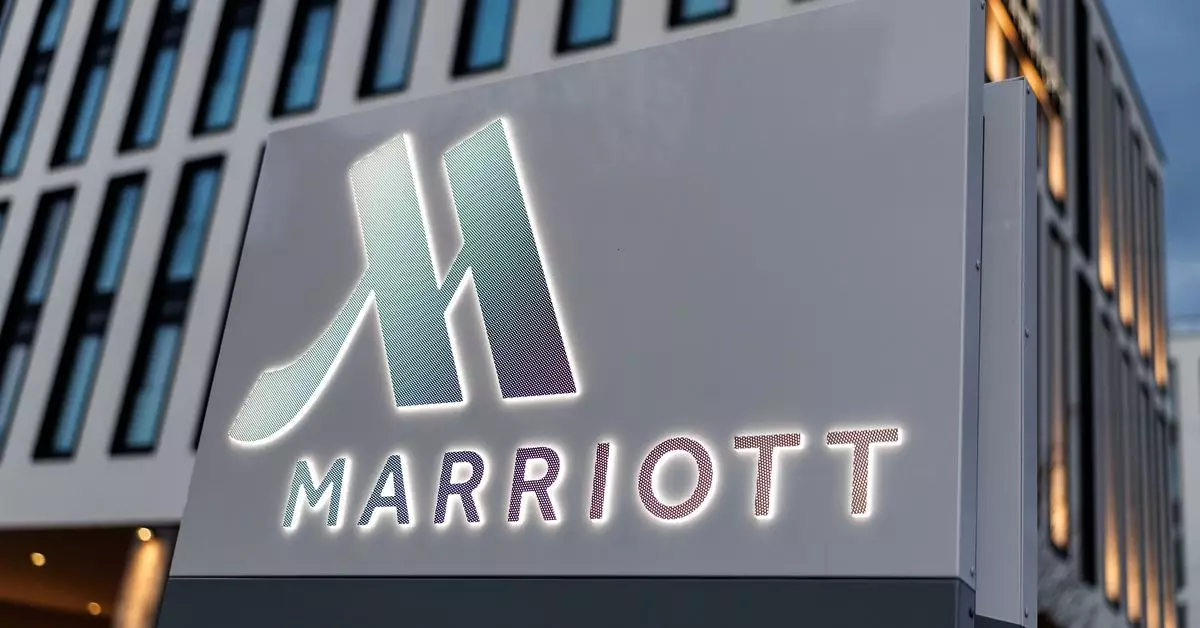In today’s digital age, the sanctity of customer data is paramount, and when companies fail to safeguard this crucial information, the consequences can be dire. This sentiment resonates particularly in light of recent actions taken by the Federal Trade Commission (FTC) against Marriott International and its subsidiary, Starwood Hotels. Following a series of severe data breaches spanning from 2015 to 2020, impacting over 344 million customers globally, Marriott is now under a legally binding obligation to reinforce its cybersecurity practices. These incidents, which exposed sensitive information including passport details and payment card data, highlight a serious lapse in security measures that have led to regulatory scrutiny.
The breaches, characterized by their protracted timelines—one lasting a staggering four years—cast a long shadow over Marriott’s commitment to customer privacy. The FTC’s findings painted a picture of negligence, citing poor management of passwords and firewalls, along with the failure to update outdated software. Such oversights are not merely technical failures; they represent a fundamental disregard for the trust placed in them by millions of guests. As if the breaches themselves were not catastrophic enough, the FTC has stated that Marriott misled consumers by falsely claiming to maintain “reasonable and appropriate” data security measures. This breach of trust could have long-term repercussions, potentially damaging Marriott’s brand reputation as a reliable provider in the hospitality sector.
In response to these alarming breaches and the FTC’s charges, Marriott is now subject to a slew of new compliance requirements designed to bolster its security framework. These measures include not only a commitment to refine data management policies, ensuring that they retain customer information only as necessary, but also a mandate to make it easier for U.S. customers to request deletion of their personal details. Additionally, Marriott is prohibited from misrepresenting its data practices moving forward, a critical step toward rebuilding consumer trust.
Furthermore, the Connecticut Attorney General’s office announced a significant settlement of $52 million as part of the accountability process. This financial restitution signals that the repercussions of inadequate data security can extend beyond regulatory fines to actual monetary penalties impacting the company’s bottom line. Compliance records are mandated, and regular inspections will ensure Marriott’s adherence to these new standards over the next two decades.
The incidents involving Marriott act as a wake-up call for the entire hospitality sector, which has become increasingly attractive to cybercriminals. As evidenced by other high-profile cases like the MGM Resorts ransomware attack, which left attendees in disarray, hotels are not immune to such vulnerabilities. The digital landscape is evolving, and with it, the sophistication of cyber threats. Hotels must prioritize robust cybersecurity practices, not just to adhere to regulations, but to protect their customers’ information and retain their trust.
The FTC’s actions against Marriott reflect a necessary course correction in data protection standards. The future of customer data security in hospitality hinges on the ability of companies to implement stringent safeguards that prevent breaches, while rebuilding the trust that has been so egregiously compromised. As the spotlight turns towards Marriott, industry stakeholders must take heed and proactively fortify their security infrastructures to deter potential threats.

